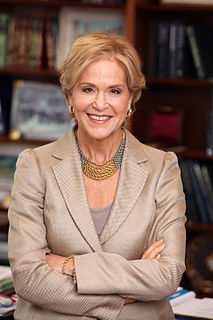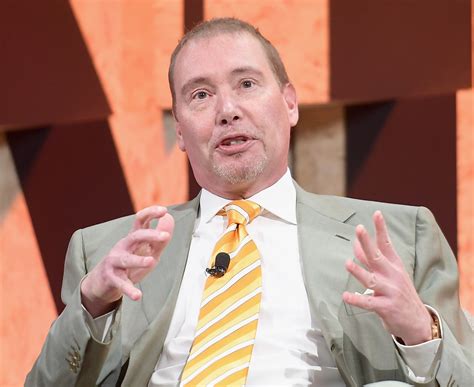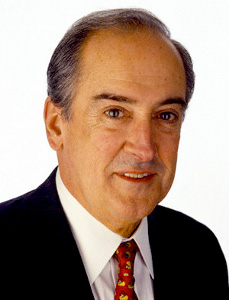A Quote by Judith Rodin
Philanthropy can take the risks that others cannot or will not.
Related Quotes
The trouble is that the risks that are being hedged very well by new financial securities are financial risks. And it appears to me that the real things you want to hedge are real risks, for example, risks in innovation. The fact is that you'd like companies to be able to take bigger chances. Presumably one obstacle to successful R&D, particularly when the costs are large, are the risks involved.
Innovators have to be open. They have to be able to imagine things that others cannot and be willing to challenge their own preconceptions. They also need to be conscientious. An innovator who has brilliant ideas but lacks the discipline and persistence to carry them out is merely a dreamer ... But crucially, innovators need to be disagreeable ... They are people willing to take social risks-to do things that others might disapprove of.
Be willing to take some risks in the areas of work and money. If we do only what we think we should do in order to make money and be secure, we won't listen to the intuitive voice that tells us to try something new, to be more creative, or to move on to the next step on our path. When we listen to our intuition and take some risks, we are not alone. The universe will support us and reward us for taking risks on its behalf!
When large companies take on risk, then they impose risks on the rest of the system. And these are systemic risks and these systemic risks we never used to think were really that important, but as soon as we recognize how the financial sector - the risks the financial sector takes on can impact the entire global economy, we realize that those risks needed to be controlled for the social good.
There are some films that you know will do well. Then there are others which have good stories that ought to be told. But because they are slightly risky, not everybody is willing to take that up. But I think it is important to take risks because at the end of the day, you want to explore new genres and new characters.



































